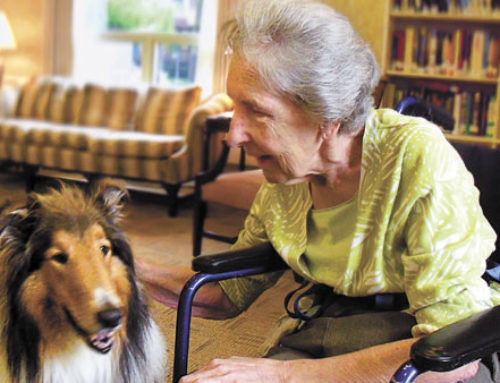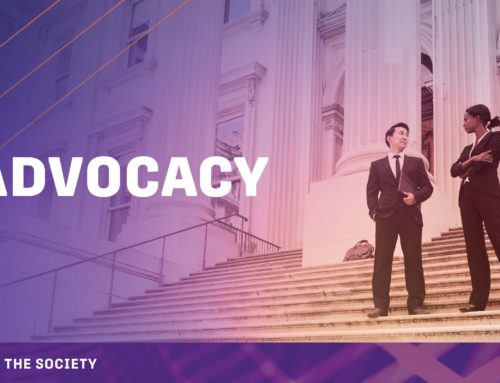A series identifying technology disruption in the ageless living space
Having a financial plan in place and deciding where you will live for the 20-30 years of late-life are at the core of aging well. Losing my 88-year-old father recently to an aging body and chronic heart disease I’m thankful his late-life plan was in place. My own 30-year late-life plan is essential however, preserving the dignity and respecting the wishes of an elder who is compromised with a health condition is vital, but often pushed aside until it becomes an urgency.
The number of devices and services coming “online” in the tech world are astounding. Beware the digital divide between the boomer generation and our parents who are most often unaware of the options offered by technology. Whatever can be digitized has the power to disrupt and there are a few disrupters that enable the children of aging parents to sleep better at night.
Disruptors: Fintech
The security of data remains a high tipping point for the public to embrace all this sector has to offer. Signaling a growing issue with an aging demographic and dementia, the Financial Industry Regulatory Authority (FINRA) ruled in 2018, that securities firms must make reasonable efforts on the “front end” to obtain contact information for a trusted person of the family member. (1)
Simply, capturing a loved one’s digital afterlife (passwords) becomes a challenge, much less working through a document paper trail. Fintech services developed for millennials are increasingly sought after by retiring baby boomers. Companies on the “security” platform include EverSafe, a service that detects financial exploitation and True Link Financial offering prepaid debit cards and monitoring services. Everplans, on-line archive service stores financial documents and wills for ease of secured and shared access. Whealthcare Planning is known in the industry as a knowledge generator with a platform that addresses some of the biggest challenges to aging – when to turn over financial decision making, and the car keys, where to live safely and when to get assistance with health care decisions.
Disruptors: Clinical Platforms
I recently saw Madeline Albright speak at an AARP global conference on the future of the workforce. Albright in her 82 years of wisdom explained death in these terms, “ when I die, not if I die.” Accepting the reality that we will all die is key and something tells me she has a plan in place. As our population ages this will become a more frequent conversation.
Vynca, is a platform for creating and documenting advanced care planning (ACP) directives with loved ones and family outside the urgency of a clinical setting. Costly, aggressive treatments are over used at the end of life. Statistics show a 59% percent cut in ICU admissions, and 37% cut in hospital admissions with documents in place to insure one’s personal journey is carried out. Since 2016 the Centers for Medicare and Medicaid Services CMS) allow providers to bill for ACP, but only 1% had taken advantage of the service. (2) Few want to die in an institutional setting. Seeking quality end of life conversation guidance and eliminating wasteful end of live medical procedures would be a gift to have in place for every adult child’s parents (and themselves). Vynca’s system electronically captures actionable ACP documentation across the care continuum that promotes seamless Health Electronic Record (HER) integration.
1) FINRA Available June 12, 2019.
- VYNCA Available on September 16, 2019.
https://vyncahealth.com/leveraging-advance-care-planning-health-systems-response/





